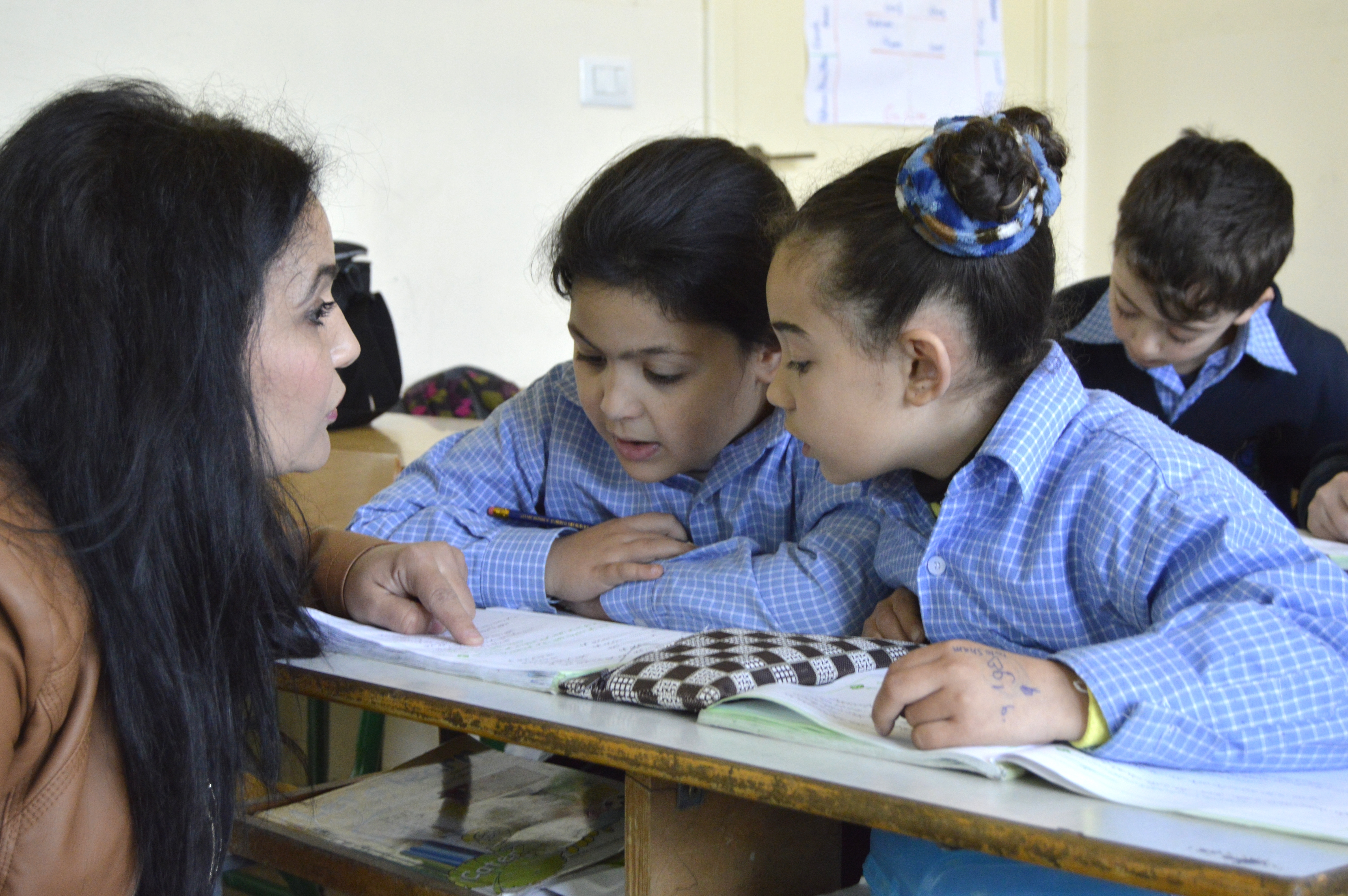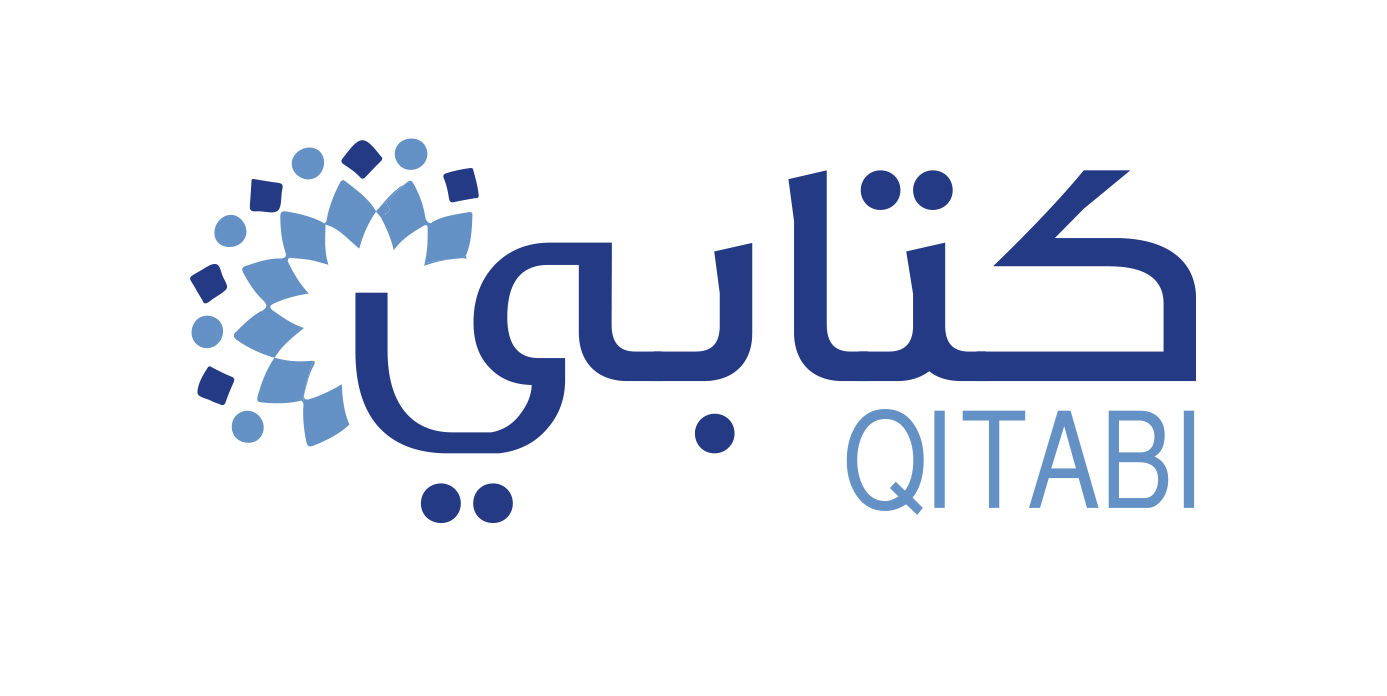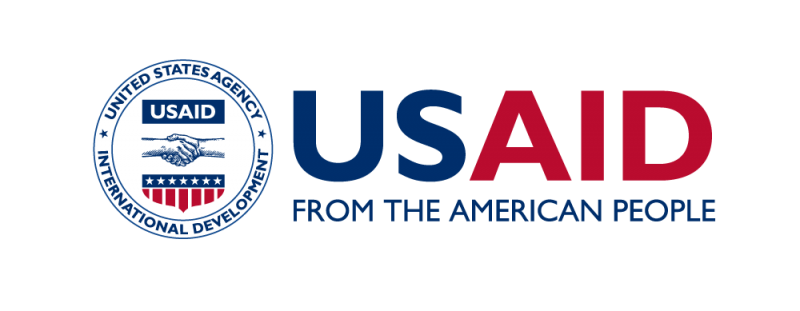-
What We Do
- WHERE WE WORK
-
About Us
 Welcome Message from Carol Jenkins
Welcome Message from Carol JenkinsFor more than 90 years, World Learning has equipped individuals and institutions to address the world’s most pressing problems. We believe that, working together with our partners, we can change this world for the better.
On my travels, I’ve had the opportunity to meet with many of those who have joined us in this mission. In Baghdad, we’ve trained more than 2,300 Iraqi youth who are already giving back at home. In London, our partners in the TAAP Initiative strongly believe that we are all responsible to practice inclusion. And in Vermont, our Experiment in International Living and School for International Training participants prove every day that they have the tools and the determination to change the world.
Please join us in our pursuit of a more peaceful and just world.
- Get Involved

Where We Work > Program List
Quality Instruction Towards Access and Basic Education Improvement (QITABI) 2
DURATION: 03/31/2019 - 03/30/2024
FUNDER: USAID
PARTNER: Ministry of Education and Higher Education in Lebanon, Center for Educational Research and Development, American Lebanese Language Center, Ana Aqra’ Association, International Rescue Committee, Management Systems International
CONTACT: [email protected]
Program Description
Quality Instruction Towards Access and Basic Education Improvement (QITABI) 2 program aims to improve the reading, writing, and social and emotional learning skills for more than 300,000 students at public primary schools in Lebanon.
QITABI 2 is a continuation of the successful Quality Instruction Towards Access and Basic Education Improvement (QITABI) program launched in 2014.
QITABI means ‘my book’ in Arabic and the program’s main goal is to improve the reading, writing, math, and social and emotional learning skills of more than 300,000 students attending primary public schools in Lebanon. Many of these students reside in under-resourced rural areas and include Syrian refugees, who have struggled with getting to and staying in school to learn these basic skills. QITABI is the culmination of USAID 15-plus year investment in Lebanon’s public education sector that includes the Developing Rehabilitation Assistance to Schools and Teacher Improvement 2 program (D-RASATI 2), also led by World Learning. In the second phase, starting in 2020, QITABI 2 began rolling out its QITABI Arabic literacy program to all primary public schools in Lebanon to improve early grade reading outcomes.
Due to the worldwide pandemic, the program is developing free online learning materials to support all students in Lebanon from grades 1 to 6. This is part of the nationwide plan to pivot to distance learning due to the COVID-19 lockdown and closure of schools. QITABI 2 is developing approximately 500 mini animated lessons covering the Lebanese curriculum in Arabic, English, and French.
Homebound students will also benefit from online social and emotional learning activities that will equip them with lifelong skills. These activities engage parents in their children’s education and help children identify and express their emotions at home. Through these mini lessons—available for all students—QITABI 2 is leveraging technology to ensure students grow into life-long learners. A plan to engage strategically with the private sector will ultimately lead to Private Public Partnerships and Private Sector Engagement (PSE) to enhance all primary school students’ learning outcomes.
QITABI 2 is designed to build the Lebanese public education system’s institutional capacity for sustainability and self-reliance. World Learning Lebanon is managing and implementing the QITABI 2 program in close coordination with the Ministry of Education and Higher Education (MEHE) and Center for Educational Research and Development (CERD). Program implementation partners include American Lebanese Language Center, Ana Aqra’ Association, International Rescue Committee, and Management Systems International (MSI).
Read a case study of QITABI 2 from Harvard University’s INEE QELO SEL Mapping Project here.
Keep up with the latest information on QITABI by following the program on YouTube, Facebook, Instagram, and Twitter.
Program Goals
- Improve student performance in reading, math, and writing.
- Improve students’ social and emotional learning.
- Improve Lebanon’s national-level service delivery of education.
QITABI 2 NEWSLETTER







